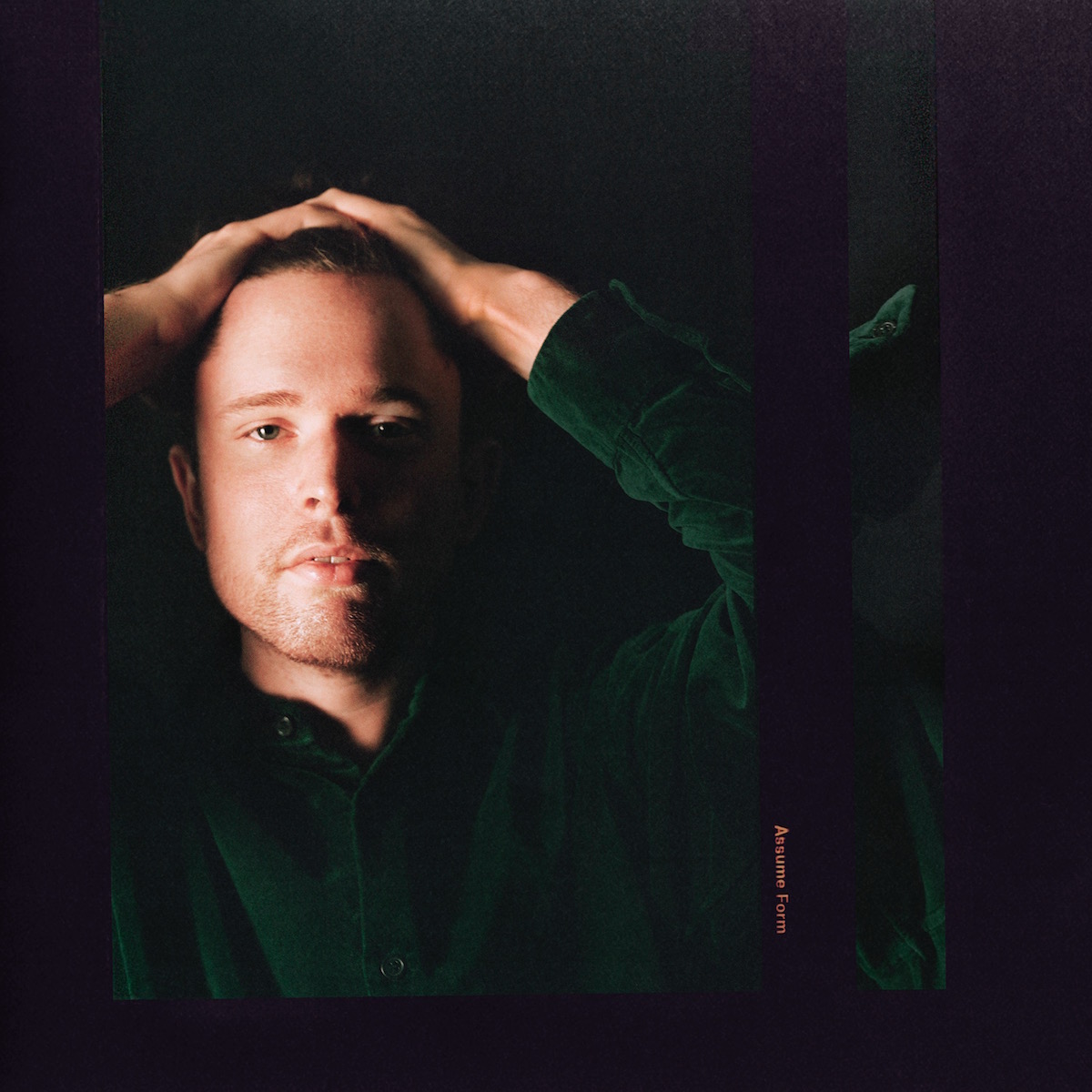Before he trusted his own heart-quivering voice, James Blake deftly made taffy out of those of others. He stretched out shape-note singing on his very first single and blendered the likes of Kelis and Aaliyah as a follow up, before voicing for himself that Wilhelm Scream. But it still seemed crazy that the post-dubstep weirdo would one day mope alongside people like Beyoncé, Frank Ocean, Vince Staples, and Pulitzer Kenny. At this point, it would be fair to say that he has influenced a crop of new acts who balance heartache and wobble, be they Khalid, Sampha, or Moses Sumney. Gloomy and ponderous as 2016’s The Colour in Anything could get, Blake’s portfolio has only expanded deeper into pop, hip-hop, and R&B. Those captivated by those alien early singles could also take solace as Blake showed he still had a mischievous twinkle about him, whether by helping to shape Oneohtrix Point Never’s Age Of or warping his vocals on a queasy ode to L.A. gridlock.
His new album Assume Form finds Blake at his most tactile and slippery, insular and assured. He doubles down on his melancholy, but also makes room for love, inviting previous collaborators like Travis Scott and André 3000 to strike out on uncanny new tangents with him, his voice ductile enough to work in each new context. And the sparseness of previous albums now is lush with details. Blake’s elegant piano introduces the title track, easily his most tender turn to date, opening himself to new love as his voice pitches heavenward alongside a quiver of violins.
“Mile High” finds Blake on equal footing with Scott and Metro Boomin, two of hip-hop’s most bankable acts at the moment. But even the surest of sounds goes a-quiver in Blake’s hands: deep bass quakes turn into flute flutters, trap snares into mist, and Blake goes Gregorian mass in one spacious moment (see also the cavernous self-choir on closer “Lullaby for My Insomniac”). On “Tell Them,” Blake and Sumney team up over another Metro Boomin production, each pushing their falsettos ever higher into the ether.
For such crackling peaks, there are also times where it seems Blake has found himself at the forefront of a heady new genre, trap-schmaltz. Maybe Frank Ocean got there first with his cover of “Moon River,” but Blake pushes deeper. So while an edge still lurks in the snares and 808s of “I’ll Come Too” and “Can’t Believe the Way We Flow,” it’s now suffocated in mounds of cotton candy. The two songs are stuffed with emotions-on-cufflinks swoon, straight-faced sincerity, and an array of strings that could’ve come right out of A Little Touch of Schmilsson in the Night. It’s easy-listening enough to sneak onto your great-grandma’s Spotify Hit Parade.
Despite those shortcomings, Assume Form stands as Blake’s most coherent statement to date. The Spartan singer-songwriter tropes of his debut, the half-baked collabs of Overgrown, and the overlong The Colour in Anything fall away to reveal a more dynamic Blake. And as thrilling as it is to hear André 3 Stacks ride on Blake’s piano-playing, the album’s best bit comes in Blake’s duet with flamenco upstart Rosalía. The romantic “Barefoot in the Park” is a speedball of minor-key melancholia and flying sparks as the two sing of sweet love, Rosalía’s voice curling around Blake’s like exhaled smoke. Before, he might have left it as is, or else drowned it in pathos. But now Blake assertively takes her voice and twists it higher, until it’s a giddy, high, trilling frequency, and the song starts to tremble like someone drawing nearer to his or her betrothed.





